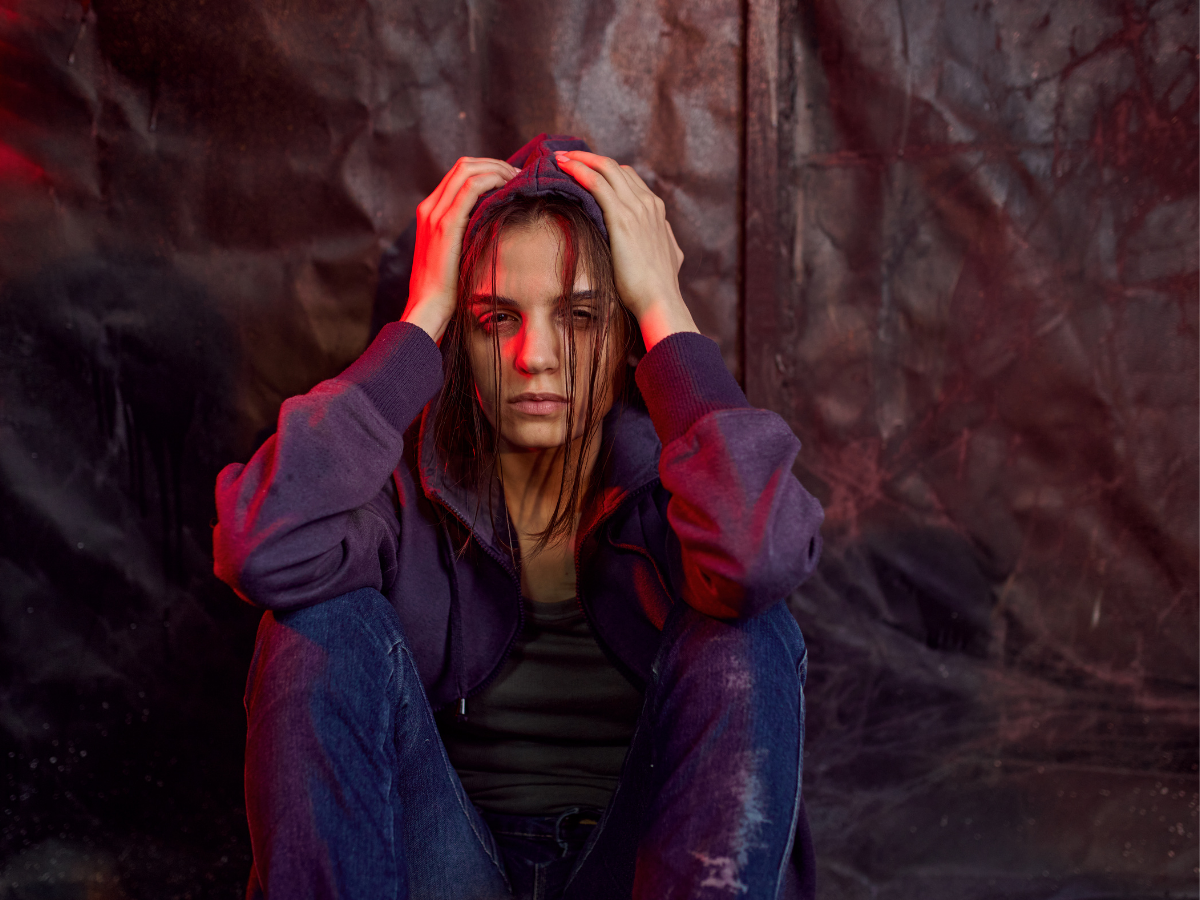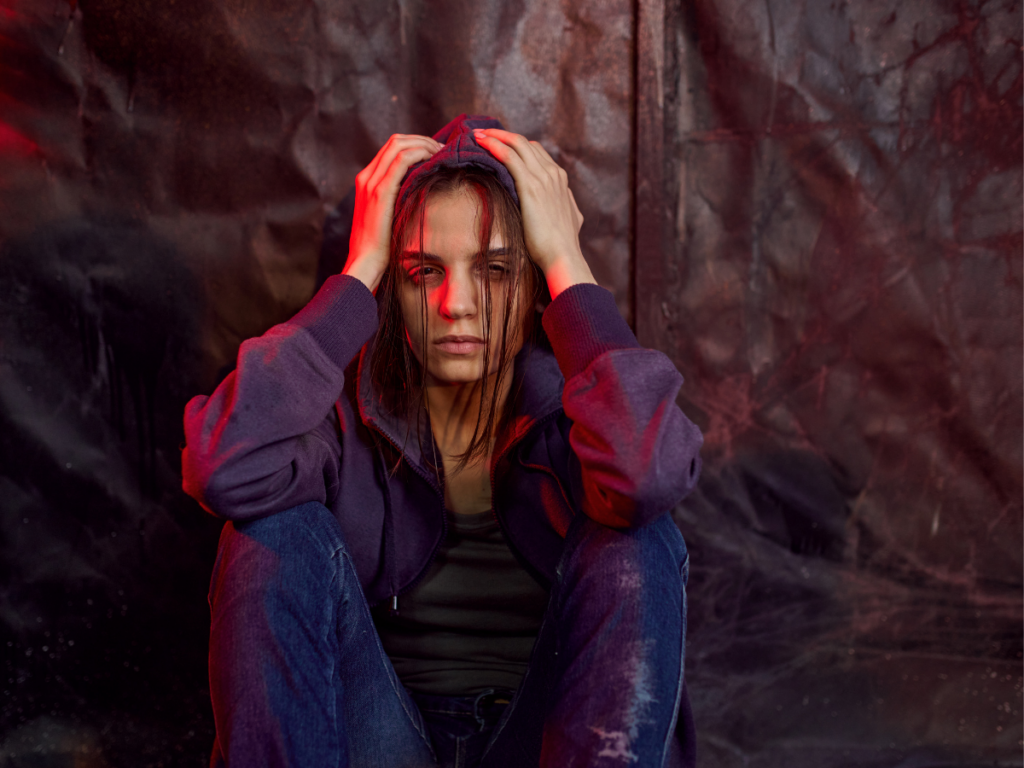 Unfortunately, drug use in high school is not uncommon since teenagers deal with disturbing pressure from other students or new friendships. Although it would appear that substance abuse, like opioid misuse, is declining, it is essential to promote awareness and educate students on the adverse side effects attached to using drugs. Various factors dictate potential drug addiction in students, but there is treatment and hope.
Unfortunately, drug use in high school is not uncommon since teenagers deal with disturbing pressure from other students or new friendships. Although it would appear that substance abuse, like opioid misuse, is declining, it is essential to promote awareness and educate students on the adverse side effects attached to using drugs. Various factors dictate potential drug addiction in students, but there is treatment and hope.
Common Drugs Used by High School Students
The drug most frequently used by high school students is alcohol, but nicotine or tobacco is close to the substance, followed by marijuana. Alcohol is considered a socially acceptable drug for adults, and students are often influenced by adults drinking from a young age. Alcohol affects brain development and causes cognitive issues. The substance interferes with the brain’s communication pathways and renders impaired judgment. In addition, other organs like the liver and heart are manipulated, leading to strokes or a fatty liver. Nicotine often gets misused by high school students and causes pounding in the ears, nervousness, and blurred vision. Yet, these side effects are less common, but regular products include mouth sores, vomiting, sore throat, heartburn, and problems with teeth or jaw. Many teenagers are found smoking nicotine through vaping or electronic devices in the school bathrooms or in between classes. It is not unusual to see teenagers using drugs, especially smoking marijuana. According to statistics on drug use in high school, 35% of 12th graders smoked marijuana in one year, and about 1 in 16 high school seniors use marijuana every day.1 Marijuana abuse causes a lack of coordination, urinary retention, cognitive issues, constipation, and slurred speech. Yet, there are worse symptoms usually caused by smoking K2 or synthetic marijuana.
Consequences of Teenage Drug Use
Drug use in high school students is often triggered due to emotional trauma as a child. Instances like witnessing domestic violence in the home, being physically or sexually assaulted, or undergoing a divorce are unfortunate events and reasons why teenagers tend to want to use substances to forget these memories. If a student shows signs of depression or loss of hope, then seeking professional help is advised. Addiction can lead to an overdose, and it is best to overcome it with the help of an easy detox at a trusted rehab center than to face the consequences or hardship alone. Besides physical and mental instability, bad grades and the likelihood to drop out of high school increase. Motivation and future goals begin to not matter to students facing troublesome addiction. Therefore, it is important to raise awareness about better mental health and addiction in high schools to avoid potential health risks and lack of opportunities.
How to Handle Teenage Drug Use
If you are a parent, teacher, or friend of a high school student you believe is under the influence of drugs, these tips may help you address the situation. Firstly, communication is crucial, and if your child, student, or friend is changing dramatically in behavior, it is essential to speak with the person calmly.Here are some tips:
- Avoid lectures
- Use encouragement
- Be a good role model
- Share your experiences
- Discuss the risks of drugs calmy
- Establish rules and consequences
- Listen to the views and opinions of the teen
- Avoid scaring your teenager, educate with statistics
Continue to provide support and be alert for any possible red flags by educating yourself on the side effects of common drug use in high school students. If a person continues to abuse drugs, seek professional guidance.
Addiction Help at Our Miramar Rehab
At Evoke Wellness Treatment Center, we offer a successful drug detox for anyone who needs to get through withdrawal safely. Our experienced medical staff is here to help you sober up and go back to living how you want to! We understand that addiction is challenging and different for everyone, but our treatment plans are individually designed to help you with your recovery goals. If you or a loved one is struggling with addiction, contact a specialist at Evoke Wellness at 833-819-6066 and ask about our residential rehab program to get started today!Source:
Related Reading: Drinking Problem Signs: How to Know if You Have an Alcohol ProblemDrinking Problem Signs: How to Know if You Have an Alcohol ProblemDrug Abuse in College Students


